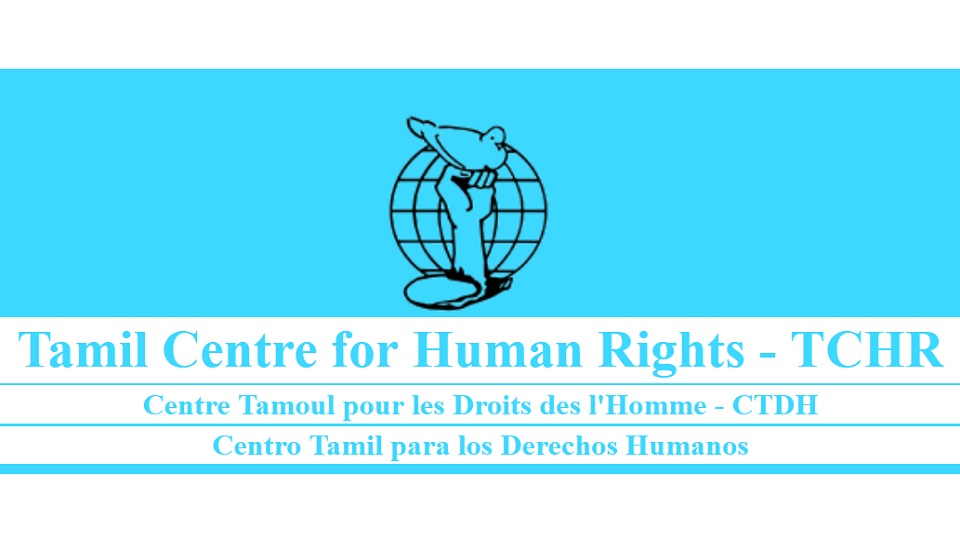The 11th EU package of sanctions against Russia will target mechanisms of sanctions circumvention established by Russia to bypass prior packages.
At a meeting in Brussels, permanent representatives of EU countries are in the process of finalizing the package as they resolve the remaining issues.
Hungary and Greece, despite the pressure, appeared to be ready to block the adoption of the 11th package of sanctions against Russia in an attempt to, in turn, pressure Ukraine to remove the "war sponsors" designations off their companies.
Then, how have the actions of Hungary and Greece impacted the relationship between the European Union (EU) and Russia? Are there any potential economic or political consequences for Hungary and Greece as a result of their decision to block the sanctions package against Russia? How do the positions of Hungary and Greece on the 11th package against Russia align with their broader foreign policy objectives and relationships with other countries?
Rachel Avraham, CEO of Dona Gracia Center for Diplomacy, Israel-based editor, journalist, and political analyst answered all these questions to Ednews.
According to her, the relations between the European Union and Russia have always been very bad since the war broke out with Ukraine:
“I don't think that it has changed anything. I think Hungary and Greece have better relations with Russia than other European countries because they block this move. But I don't think it has impacted the relationship between the European Union and Russia at all.”
R. Avraham noted that Hungary and Greece do not want their companies on the list of companies to be sanctioned for support helping Russia to bypass the sanctions and based on this, they are blocking this:
“So if these sanctions came to pass if Hungarian and Greek companies are sanctioned for helping Russia bypass sanctions, there would be consequences for these two countries if they supported it. But if it doesn't pass, I don't think there are any consequences.”
“I think basically Hungary and Greece have a more positive relationship with Russia and China than the other EU countries do. And this is what is leading them to take this particular measure. There are other matters in the European Parliament where basically they showed that they were more sympathetic to Russia and China than other EU countries. This is a pattern. This is not something new”, she concluded in the end.
Ulviyya Shahin










